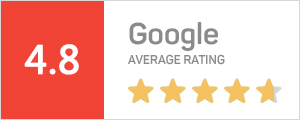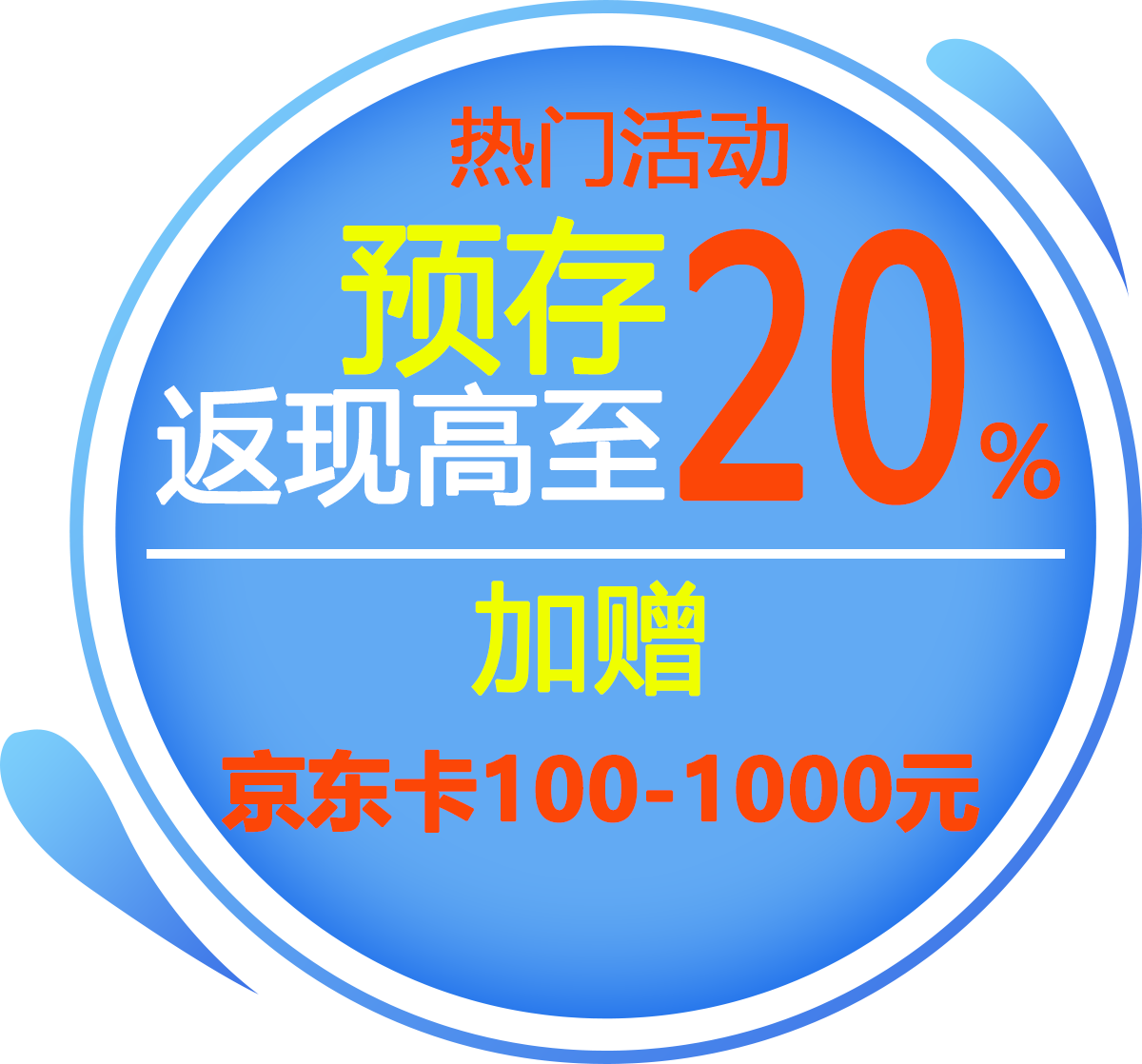2021年最新SCI期刊影响因子查询系统
JOURNAL OF COASTAL CONSERVATION 期刊详细信息
基本信息
| 期刊名称 | JOURNAL OF COASTAL CONSERVATION JOURNAL OF COASTAL CONSERVATION |
|---|---|
| 期刊ISSN | 1400-0350 |
| 期刊官方网站 | http://www.elsevier.com/wps/find/journaldescription.cws_home/503341/description#description |
| 是否OA | 否 |
| 出版商 | Elsevier |
| 出版周期 | Monthly |
| 始发年份 | 1986 |
| 年文章数 | 93 |
| 最新影响因子 | 2.098(2021) |
中科院SCI期刊分区
| 大类学科 | 小类学科 | Top | 综述 |
|---|---|---|---|
| 环境科学与生态学3区 | ENVIRONMENTAL SCIENCES 环境科学3区 | 否 | 否 |
| GEOSCIENCES, MULTIDISCIPLINARY 地球科学综合3区 | |||
| WATER RESOURCES 水资源3区 |
CiteScore
| CiteScore排名 | CiteScore | SJR | SNIP | ||
|---|---|---|---|---|---|
| 学科 | 排名 | 百分位 | 2.88 | 0.960 | 1.313 |
| Environmental Science Water Science and Technology |
32 / 203 | 84% |
|||
| Environmental Science Environmental Chemistry |
39 / 100 | 61% |
|||
补充信息
| 自引率 | 10.80% |
|---|---|
| H-index | 90 |
| SCI收录状况 |
Science Citation Index
Science Citation Index Expanded |
| 官方审稿时间 | |
| 网友分享审稿时间 | 数据统计中,敬请期待。 |
| PubMed Central (PML) | http://www.ncbi.nlm.nih.gov/nlmcatalog?term=0169-7722%5BISSN%5D |
投稿指南
| 期刊投稿网址 | http://ees.elsevier.com/conhyd/ |
|---|---|
| 收稿范围 | The Journal of Contaminant Hydrology is an international journal publishing scientific articles contributing to a broad understanding of contamination of water resources. Emphasis is placed on investigations of the physical, chemical, and biological processes influencing the behaviour and fate of organic and inorganic contaminants in the aqueous environment including ecological impacts. Water-based science, technology and management approaches that monitor, assess, control and mitigate contamination and its eco-environmental impacts at multiple scales are invited. Broad latitude is allowed in identifying contaminants of interest, and includes legacy and emerging pollutants, nutrients, nanoparticles, microorganisms (e.g., bacteria, viruses, and protozoa), microplastics, and various constituents associated with energy production (e.g., methane, carbon dioxide, and hydrogen sulfide). The journal's scope embraces a wide range of topics that include: surface and subsurface hydrology as it relates to contamination; experimental and computational investigations of contaminant sorption, diffusion, biological and chemical transformation, volatilization and transport in the surface and subsurface; characterization of soil and sediment properties only as they influence contaminant behaviour; development and testing of mathematical models of contaminant behaviour; innovative techniques for restoration of contaminated sites; development of new tools or techniques for monitoring the extent of soil, sediment, and water contamination; development of mathematical models and system analysis techniques for understanding and managing surface and subsurface water resources systems including hyporheic zone processes; analyses of interactions between water-use activities and the environment; carbon sequestration and turnover; and water contamination issues associated with energy production. Types of paper There are some types of papers that are not suitable for publication in the journal, namely: Environmental monitoring. We are pleased to see field data, but we do not publish reports of, for example, unusual observations in the field unless they are interpreted at a process level. Similarly, we do not act as a public repository for datasets unless they are interpreted. Case studies. We will not publish case studies unless they provide insight into processes relevant to other sites or conditions. Thus, a paper based on a particular site must draw out principles, prove a conceptual model, or develop and test a method; these principles, models, or methods must have broader applicability than to a site of study. Methods. We are keen to see new methods of analysis, experimentation, field investigation, or interpretation developed and published. However the journal will not publish papers that present only method development, nor methods that have no major advance over existing approaches. Manuscripts that demonstrate how new or existing methods lead to new insights, or that extend the scope or demonstrate the practical use of existing methods will be welcome. Normally, measured data or observations will be used to validate the method. The last comments on Methods apply particularly to the development of new analytical and numerical solutions to flow, transport and reaction equations. A new mathematical solution must be a significant and useful advance over present methods. The new solution should also lead to new understanding of contaminant behavior. When possible, new analytical or numerical solutions should be compared with existing methods and/or with real data/observations. The inverse of these comments on new models applies to papers that focus on experimental and field investigations. It is not sufficient to present data, no matter how elegant the experiment or interesting the field site! Data must be interpreted with a conceptual model of processes so that the results are potentially valuable to other sites and experiments. Despite these comments, the editors are not trying to set up a rigid or bureaucratic system. If you believe your paper should be an exception, explain this simply in your cover letter at submission. We are all active researchers, and we do not want to discourage our peers from submitting any manuscript that they feel is significant and important for the journal. Rather, we hope you will join us in our wish to ensure that all the papers in the journal have real value to the community. |
| 收录体裁 | research articals |
| 投稿指南 | https://www.elsevier.com/journals/journal-of-contaminant-hydrology/0169-7722/guide-for-authors |
| 投稿模板 | |
| 参考文献格式 | https://www.elsevier.com/journals/journal-of-contaminant-hydrology/0169-7722/guide-for-authors |
| 编辑信息 |








